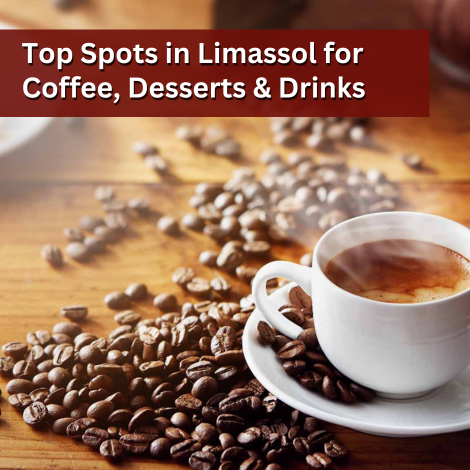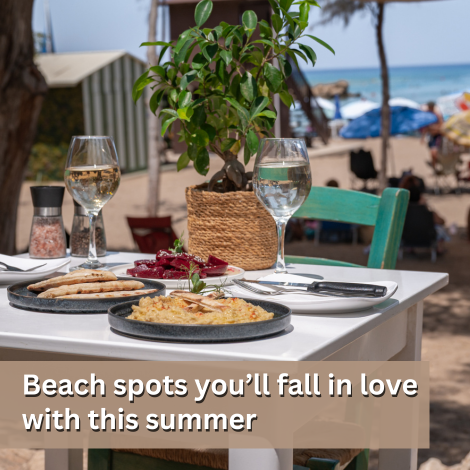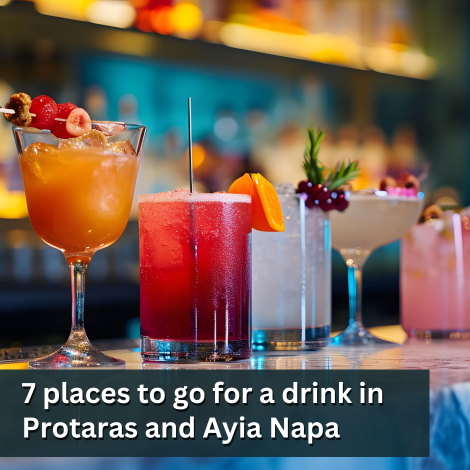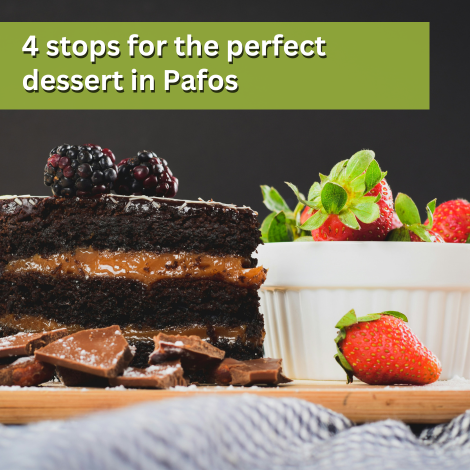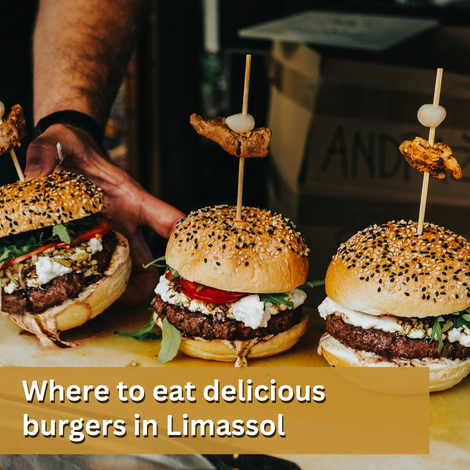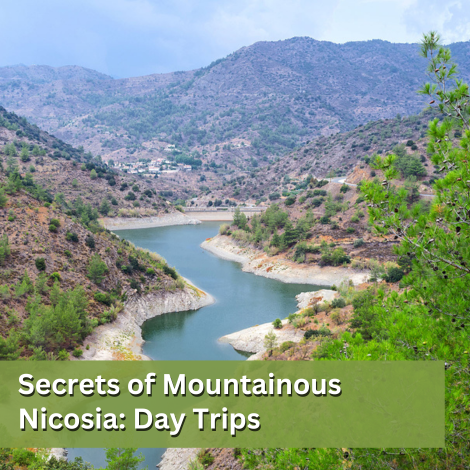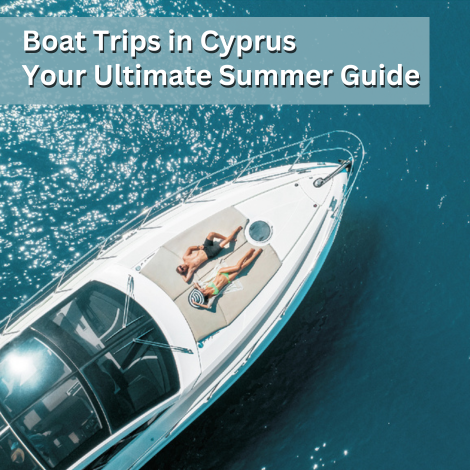Cyprus - Questions and Answers
The answers to our Christmas Quiz
Here are the answers to our Christmas Quiz. How well do you know Cyprus? Do the quiz before reading this article. Click here.
- The “Kokkinohoria” or red villages are so named because of the rich red soil of the land all around them. It is ideally suited to growing top-quality potatoes and Cyprus is famous for these. It produces several crops a year.
- The reason for a shift of population from coastal areas to mountainous areas in the 8th and 9th centuries was constant raiding from Arab pirates who were pretty barbarous in their raping and pillaging. The trek up the mountains was less enticing for the invaders and a safer place for the Cypriots to inhabit.
- The clay-pot used in Cyprus for making succulent slow-cooked meals is called a “Tavas”. Follow the link for our article on this delicious type of food preparation.
- “Enosis” means a joining, a union. At the time of World War II, Cyprus was a British colony. The British had promised the Cypriots that they would allow them to join the Greek Motherland if they joined Greece in helping them fight the Germans and the war went in Britain’s favour. The Cypriots complied and fought on the side of the British with great enthusiasm and bravery. After the war, they reminded the British of their promise, but the British reneged on it. A protracted struggle followed from the EOKA resistance movement and there were many marches with students clamouring for union with Greece and chanting “En-en Enosis”.
I remember. I was a child living in Cyprus at the time.
- Early Christians were persecuted by the Roman authorities who ruled the civilised European World at the time. Christians identified themselves secretly to other Christians with an image of a fish. The ancient Greek word for fish, IHTHYS (ΙΧΘΥΣ), is an acronym for Issous (Jesus) Hristos (Christ) Theou (of God) Yios (Son) Sotyr (Saviour).
- Many countries make a distilled spirit from Wine and Grape Must. In Italy they call it Grappa. In Crete it’s Raki. In Cyprus it is Zivania.
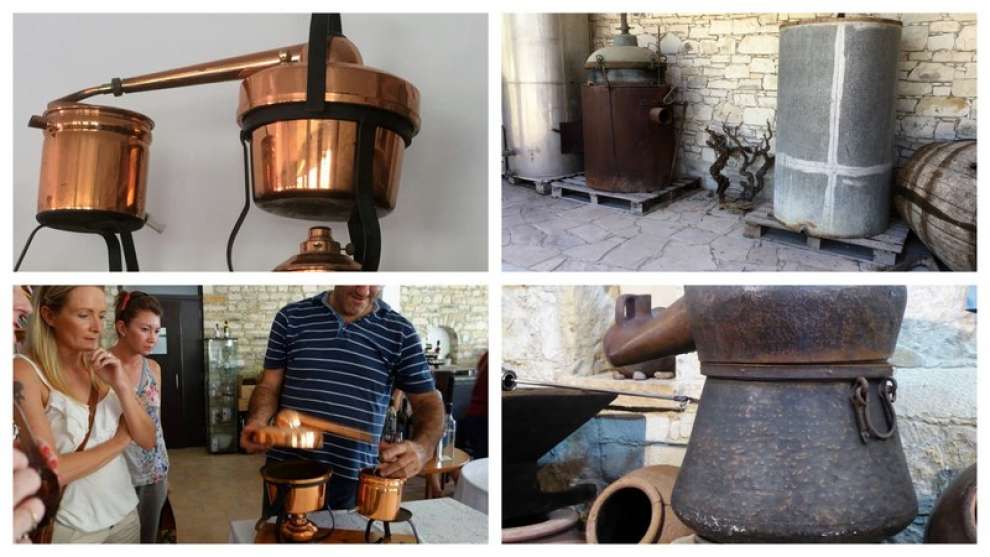
- Xinisteri is the most prevalent white grape variety in Cyprus. Mataro is also known as Mourvedre and is of French origin. Maratheftiko is the only indigenous red variety of the three mentioned.
- King Richard Lionheart was a big fan of Commandaria and had that is his chosen wine at his wedding to Berrengaria in 1191 AD. Commandaria follows a tradition of wine-making that is at least 5000 years old. You can read more about it in our article on Commandaria.
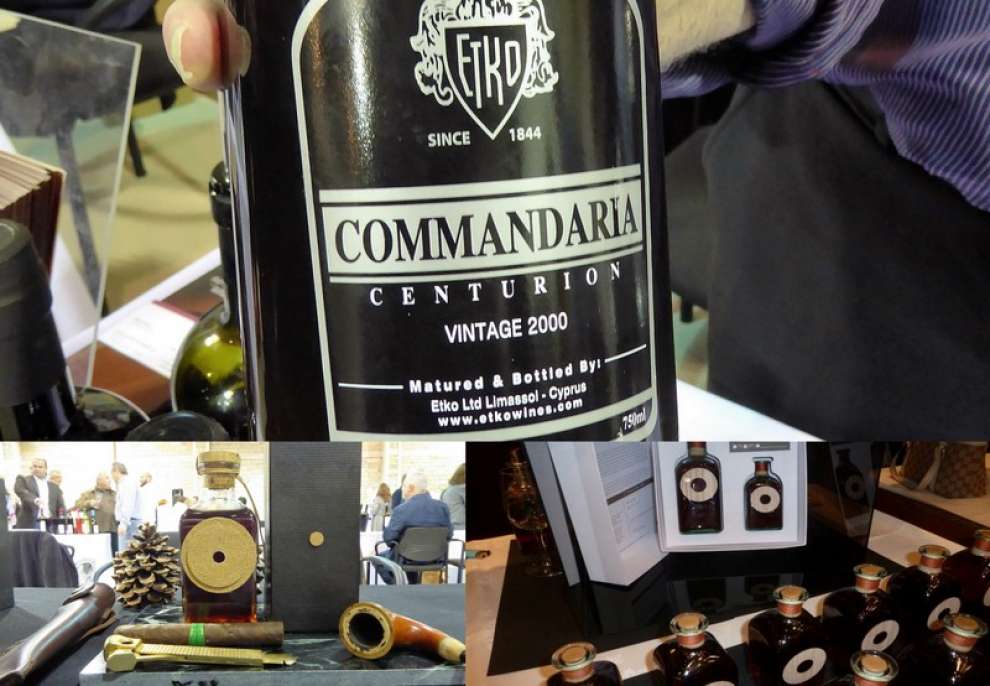
- The archaeological site of Choirokitia belongs to the Neolithic age ie it was inhabited 10,000 years ago. It has been well preserved and archaeologists have reconstructed at the foot of the site small round model dwellings of the type that would have been used at the time.
- The highest point of the Troodos Mountains is 1952 meters above seal-level. When you drive up, you can feel your ears popping as if you were in an aeroplane. In winter you can find a considerable amount of snow in Troodos.
- Most Cyprus white wine comes from the indigenous Xinisteri grape. There are other indigenous grape varieties and Spourtiko is one of them, although fairly rare. Assyrtiko is the indigenous grape variety for which Santorini is famous. It is grown in other parts of Greece, but in Cyprus only one winery grows Assyrtiko vines and that is Dafermou near Kato Drys. You may like to visit our article, “The Wonderful Wines of Cyprus”.
- “Hronia polla” is the traditional Greek way of wishing someone a “Happy Birthday” or “Happy Nameday”. Effectively it is a wish for longevity.
- When the Turkish army invaded Cyprus in 1974 the then British Prime Minister James Callaghan wanted to intervene in accordance with Britain’s treaty obligations, but he obeyed the Americans who told him not to. Thousands of Greeks were summarily raped or killed. Thousands others were forced to march to the South leaving all their possessions behind them. The Cyprus Government speedily bought thousands of tents and farmers made their land available to the refugees. It took many years for them to reach some semblance of normality.
- Lefkara is famous for its Lace-making. In the early part of the 20th century its inhabitants came to realise that the villages skills brought an export commodity and many people set off to the UK and to the USA to sell lace. One salesman, even sold some to Buckingham Palace. He never cashed his cheque. After all it is not everyone that posseses a cheque from Buckingham Palace.
- Seftalia is the specifically Cyprus sausage, made usually of minced pork with lots of herbs and wrapped in cawl – a bit like a mini haggis. It is best cooked long and slowly over the barbecue. Loukaniko is a general Greek word for sausage and Pastourma is a spicy beef sausage of Armenian origin.
- Roast pork or “hoiromeri” is the traditional Christmas meat eaten in Cyprus, though the tradition of Turkeys has largely taken over. Lamb is the traditional meat for the Easter celebration.
- Greek or “Cyprus” coffee is brought to the boil in a little pot called a briki, containing the coffee, sugar and water. If you don’t want any sugar you ask for a “sketo” which means on its own or without anything else. If you would like just one spoon of sugar you ask for a “metrio” which means medium or average and if you are a real sugar person and want two spoons you ask for a “gliki” which means sweet.
- Crambi is the word for cabbage in Cypriot dialect. Cabbagio is a totally made up word and “horta” are green leafy vegetables.
- “Kalo Xorio” and “Mosfiloti” are small villages in the Larnaca district. Kourion is where you will find an ancient amphitheatre. Every so often modern theatrical productions are performed there.
- Grape juice is the other ingredient in making Soutzoukos. Sometimes Wines and Tours organise special “Winery Experience” days. On such days Soutzoukos is one of the winery by-products that you can participate in making.
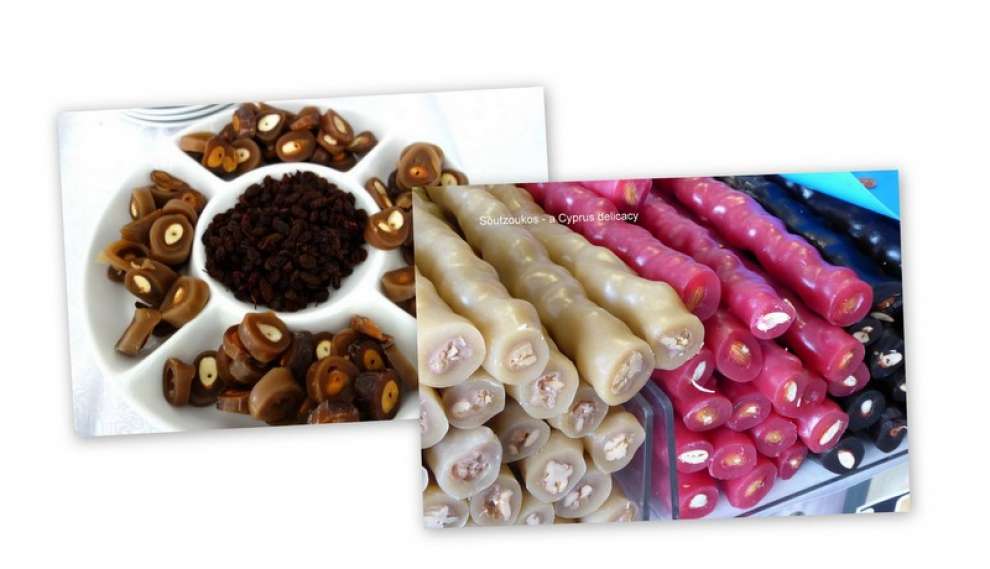
How did you score?
20 out of 20 – You are Cypriot or have lived here a long time - or well-versed in using Google. Cyprus Alive will help you gain the most enjoyment of our wonderful island.
15-19 correct. You are reasonably well-informed on matters pertaining to Cyprus. Visit Cyprus Alive regularly to keep permanently up-to-date.
14 or less correct. We recommend a holiday in Cyprus. Cyprus Alive will show you the fun places to visit and things to do.

 English
English
 Ελληνικά
Ελληνικά Русский
Русский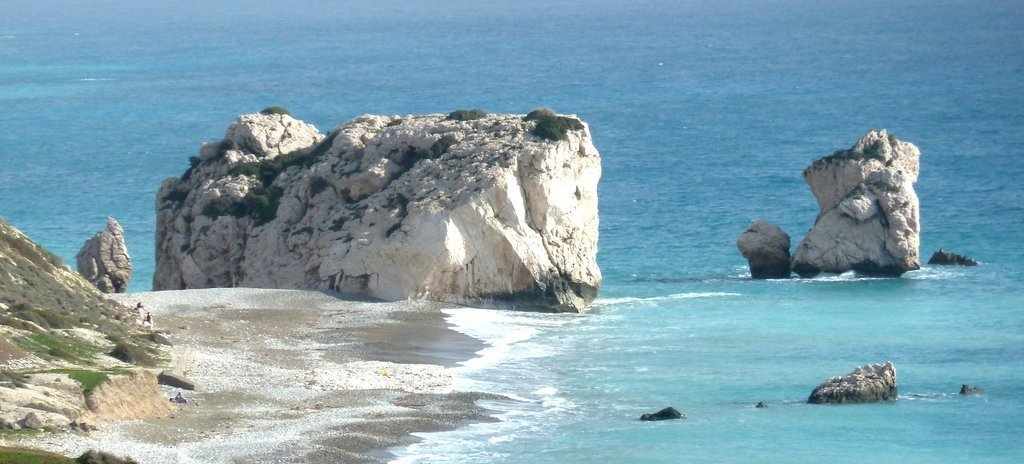
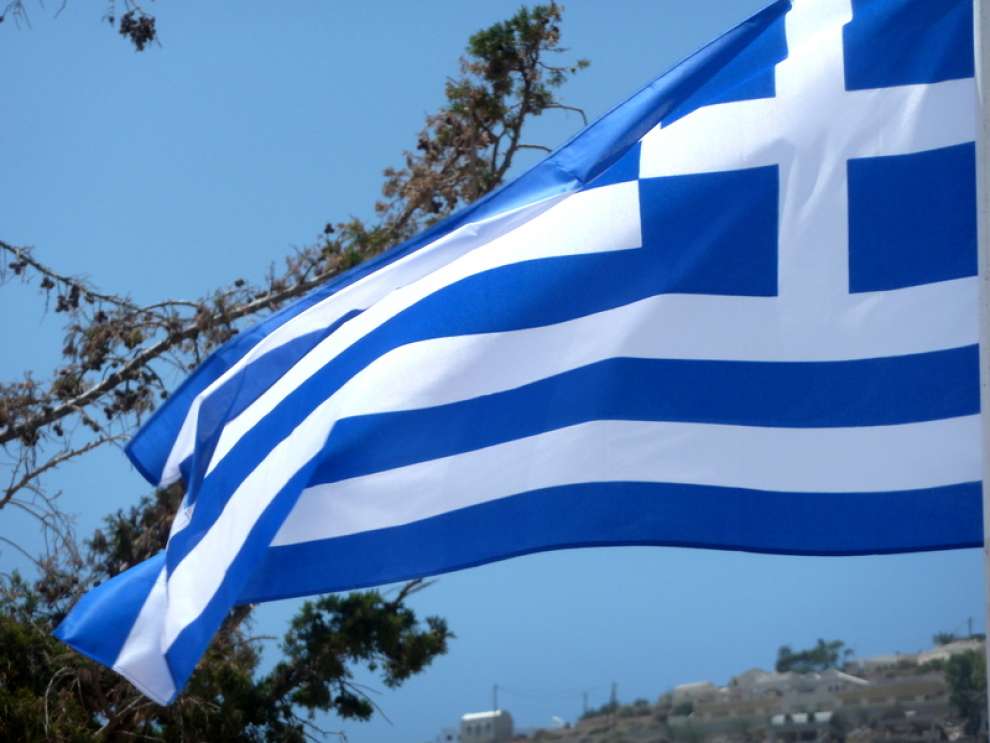
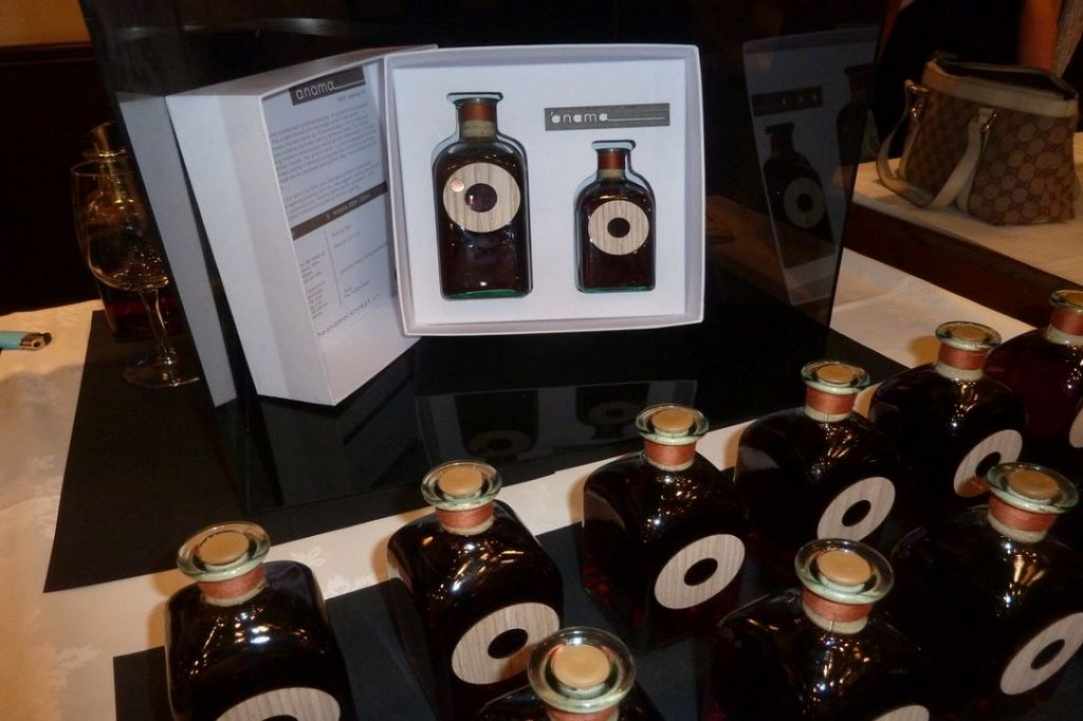
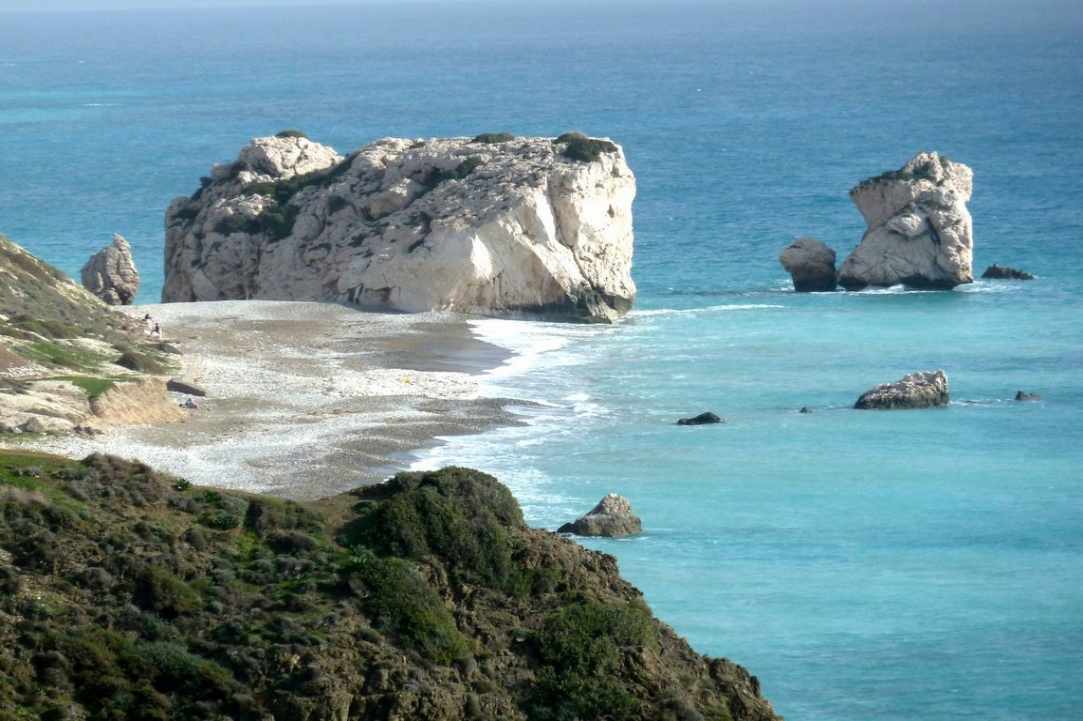
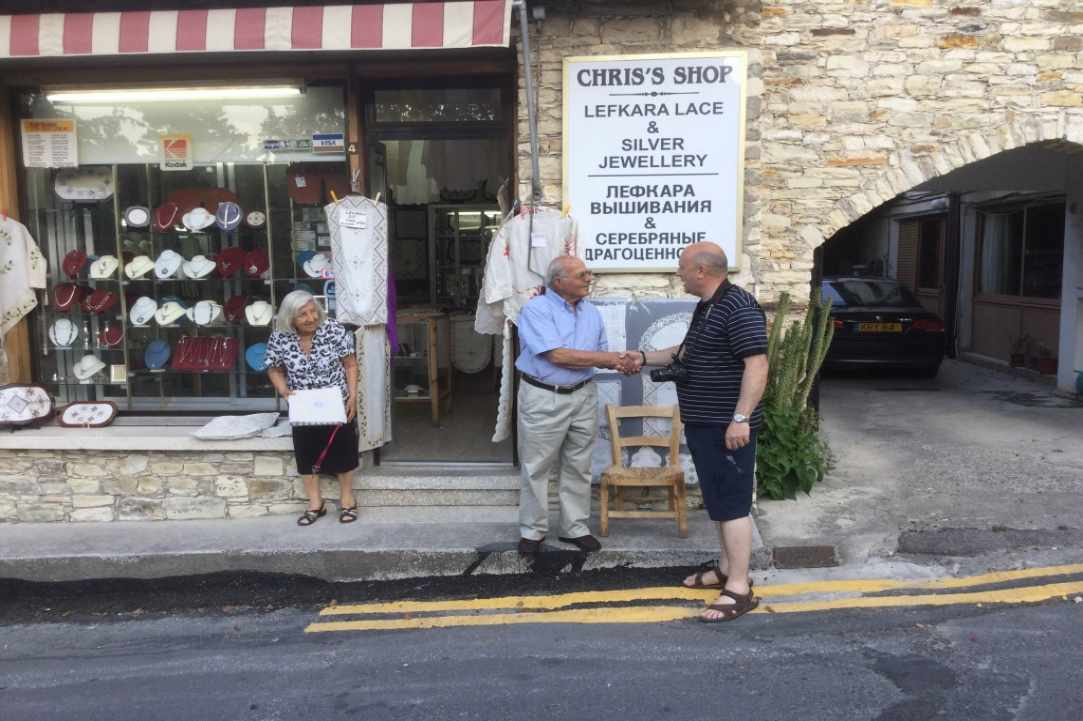
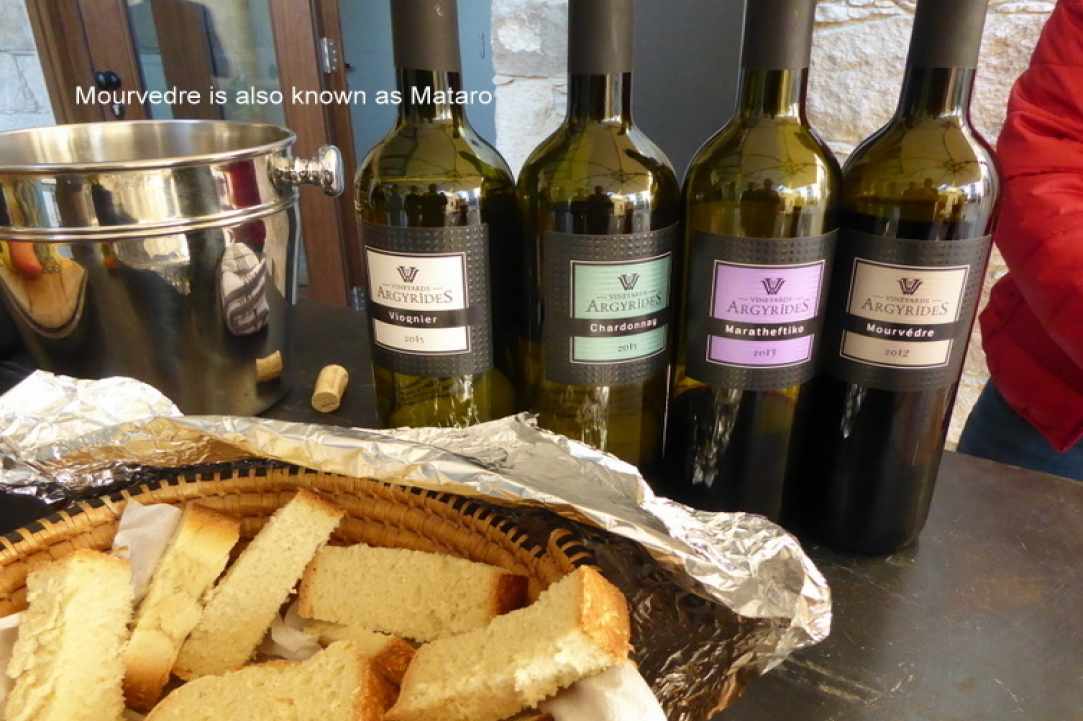
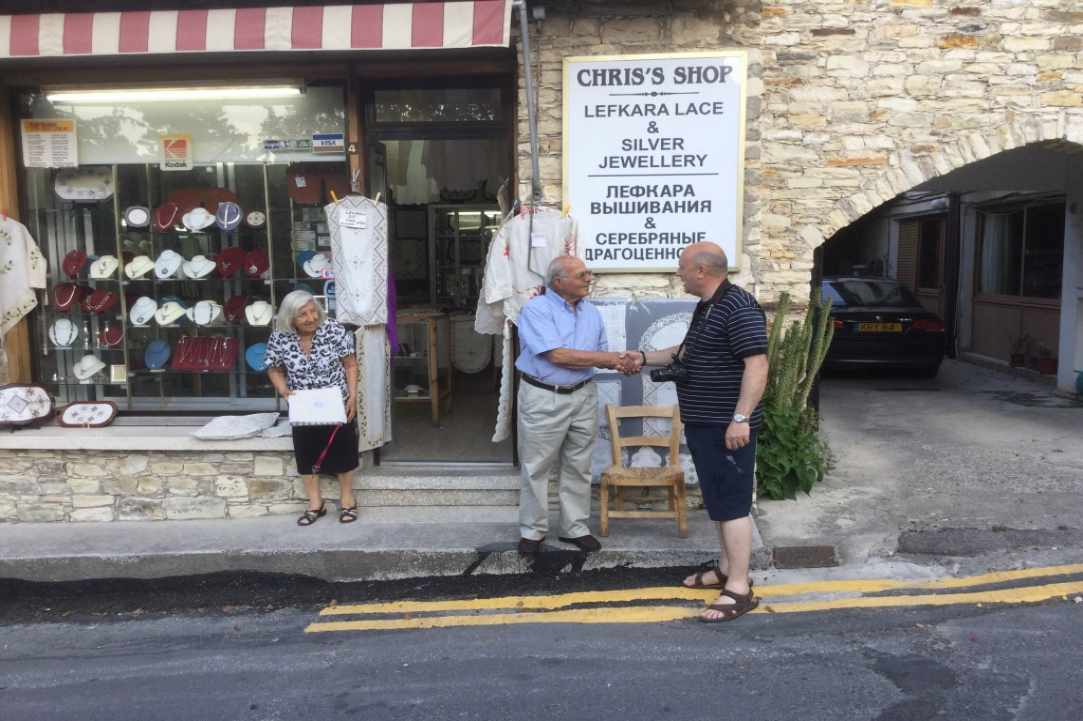
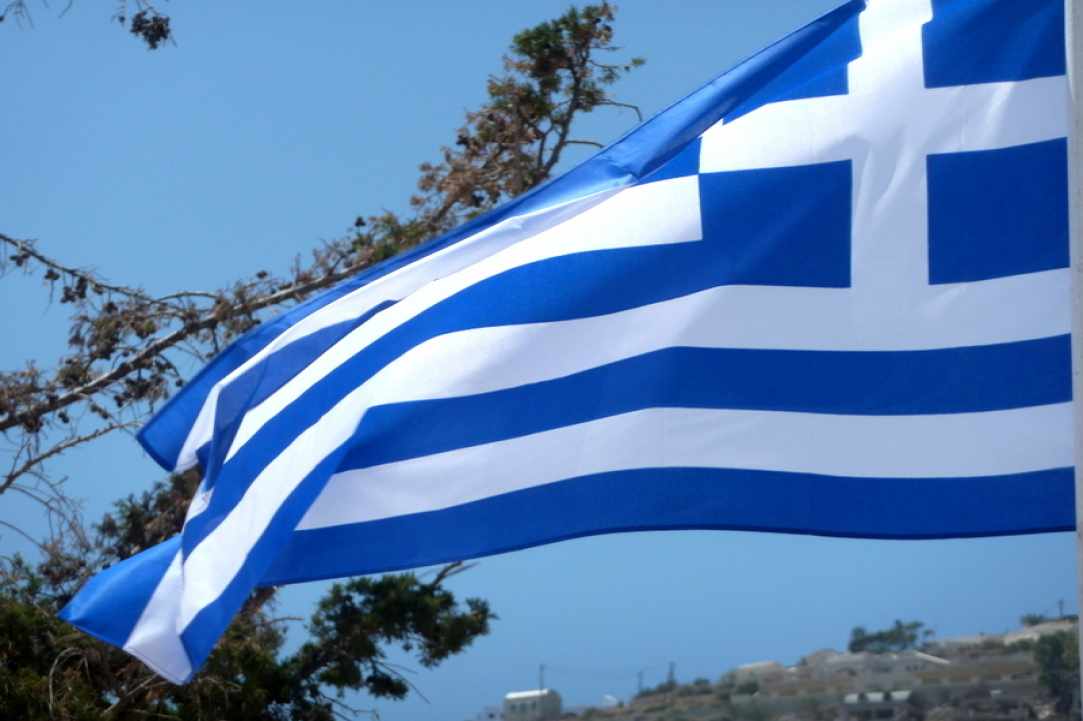
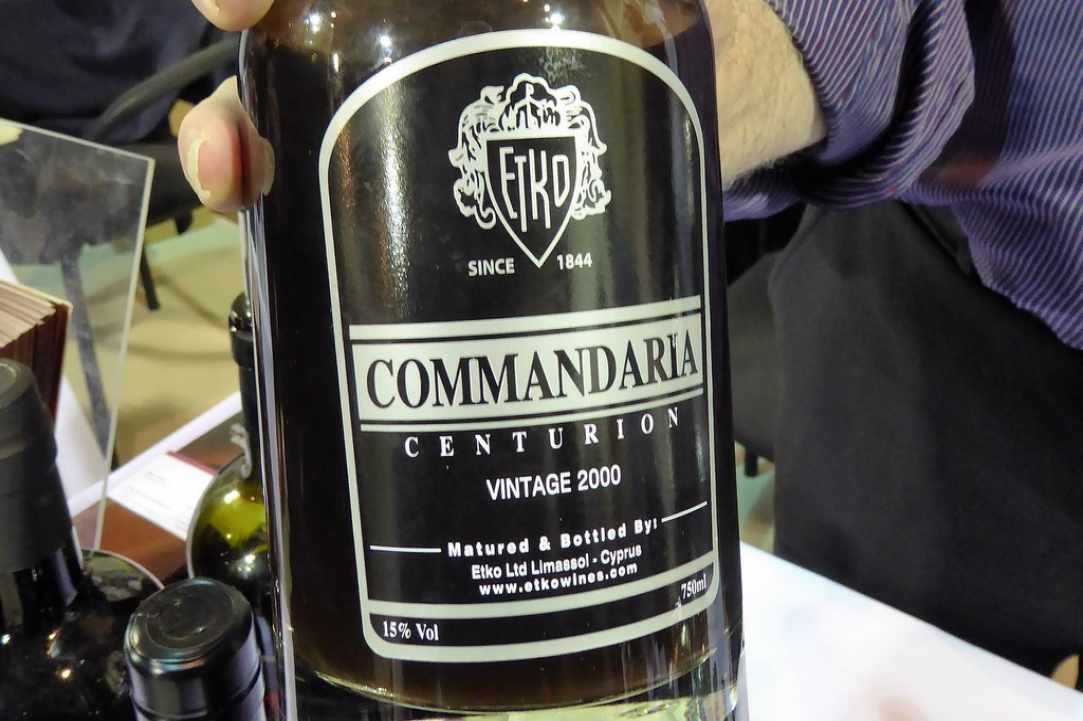
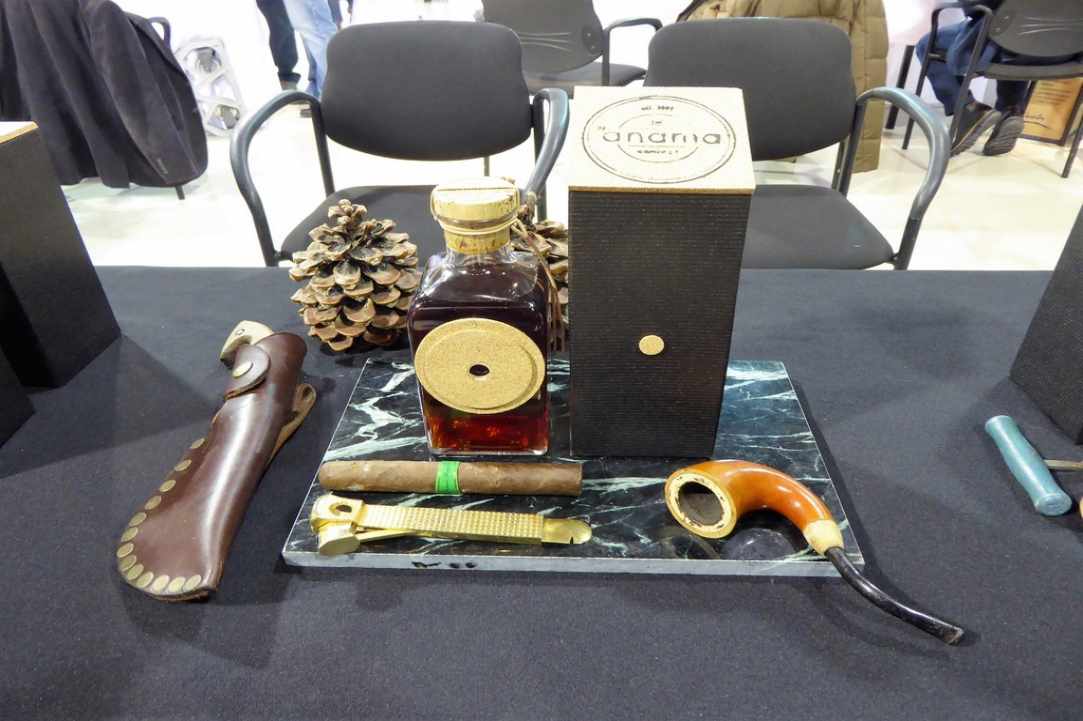
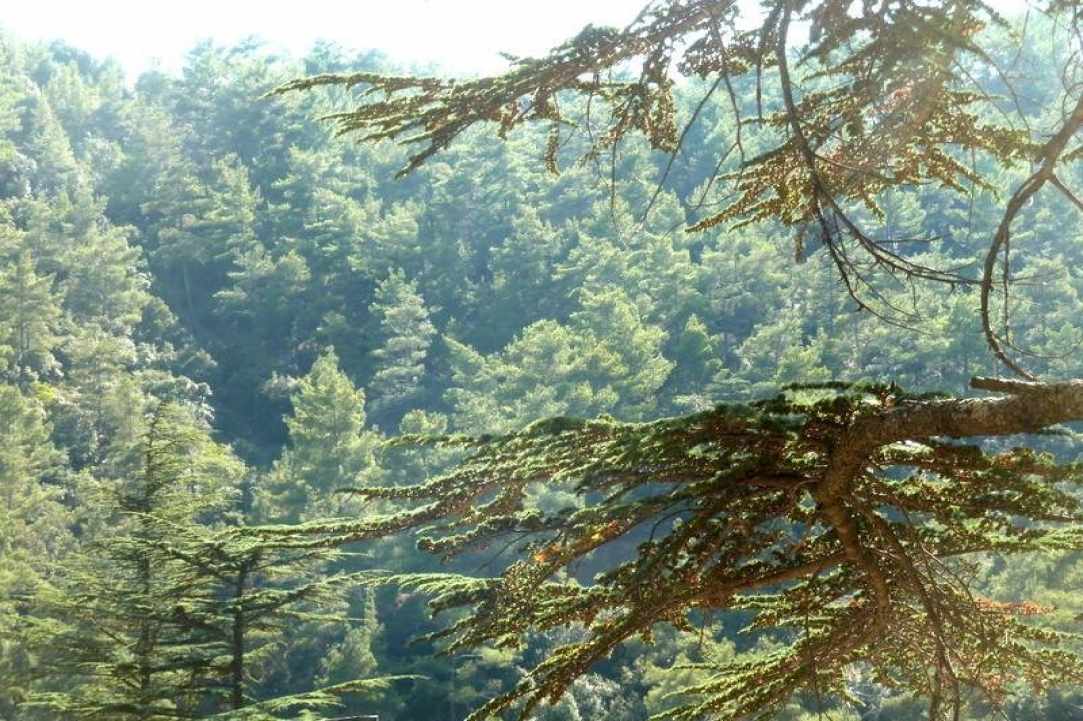
 Posted by
Bill Warry
Posted by
Bill Warry
